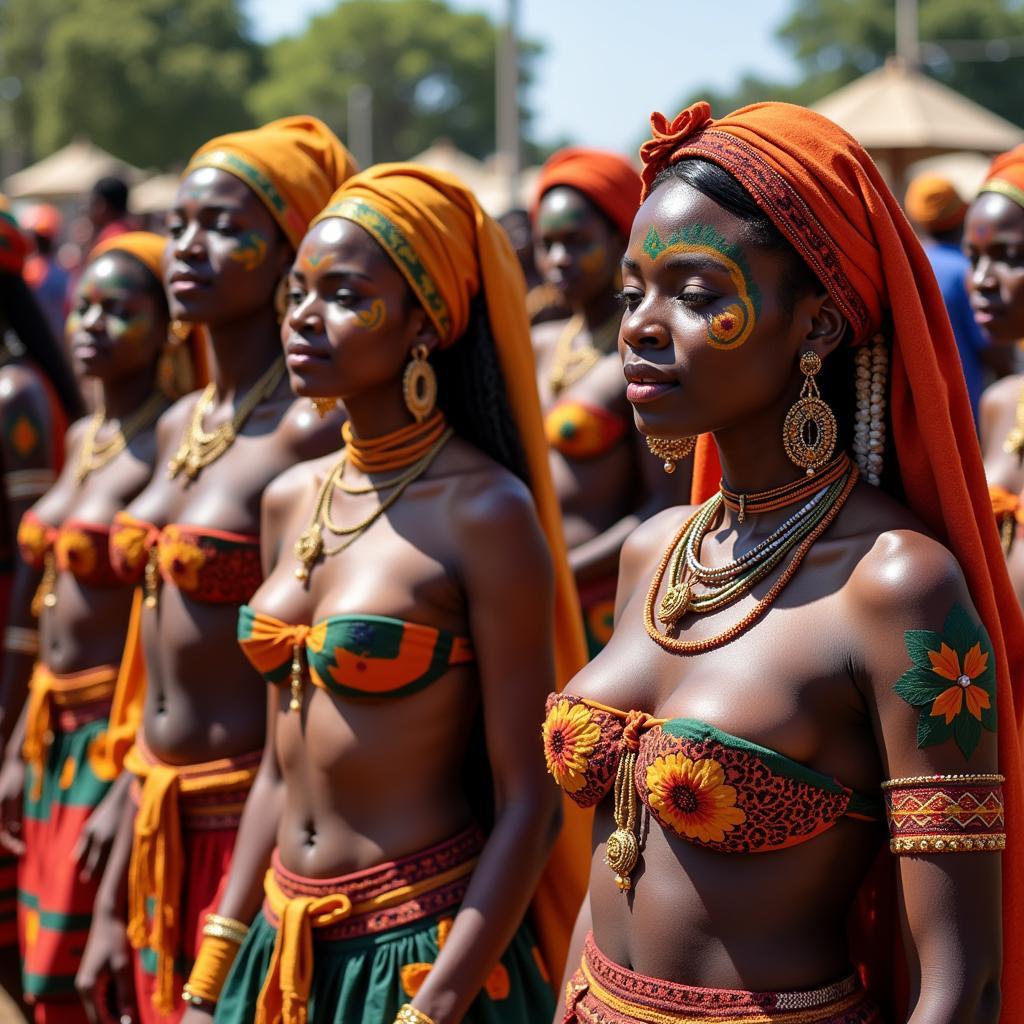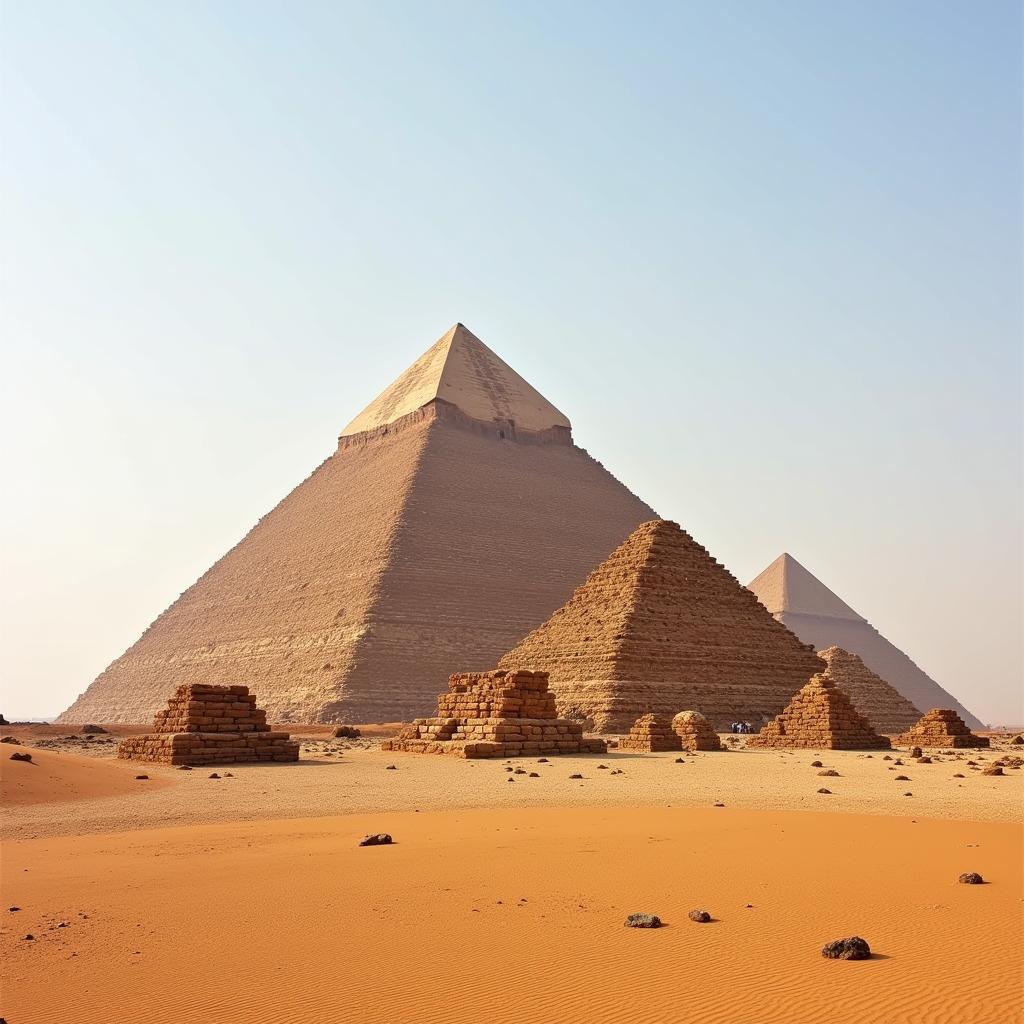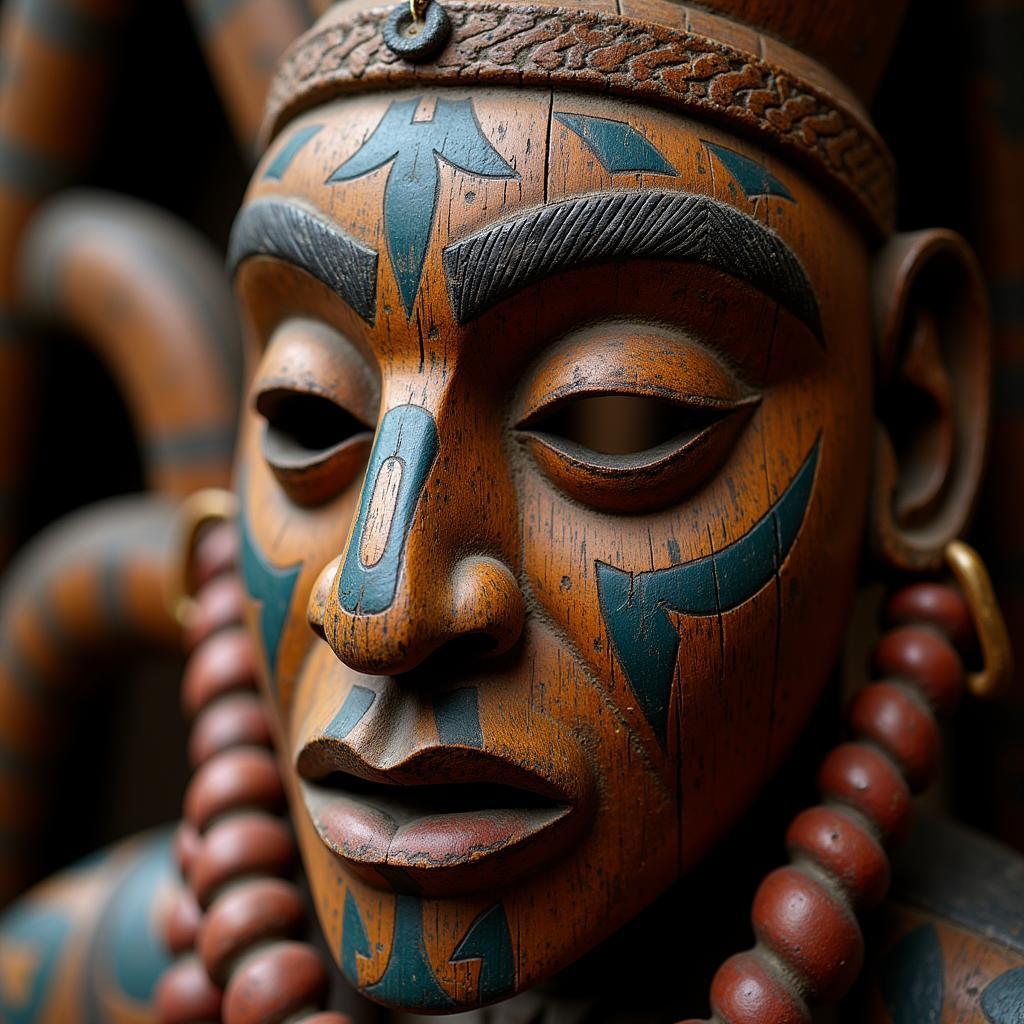The African Kiss: A Cultural Journey Through the Language of Love
The African Kiss, a symbol of affection and connection, holds a rich tapestry of meaning and expression across the diverse cultures of the continent. It’s not just a simple act of physical intimacy; it’s a powerful gesture that transcends language and embodies the very essence of African culture.
Beyond the Lips: Understanding the Cultural Significance of the African Kiss
The African kiss is not a one-size-fits-all gesture. Each cultural group across the continent infuses its own unique traditions and interpretations into this act of affection. From the vibrant dances and gestures of the Maasai to the intimate greetings of the Yoruba, the African kiss speaks volumes about the values, beliefs, and social dynamics of each community.
More Than Just a Greeting: The African Kiss in Daily Life
In many African cultures, the kiss is a fundamental part of daily life, extending beyond romantic relationships. It serves as a powerful form of communication, conveying a wide range of emotions, including respect, gratitude, and love.
Here are some ways the African kiss plays a vital role in everyday interactions:
- Greetings: In many African societies, a kiss on the cheek or forehead is the customary way to greet friends, family, and even strangers. It’s a way of acknowledging their presence and showing respect.
- Show of Affection: The kiss is often used to express affection between family members, friends, and loved ones. It can be a simple peck on the cheek or a more intimate kiss on the lips, depending on the relationship.
- Rituals and Celebrations: Kisses play a central role in many traditional rituals and celebrations across Africa. For example, in some cultures, a kiss is part of the marriage ceremony, symbolizing the union of two families.
Cultural Variations: Exploring the Diverse Expressions of the African Kiss
The way a kiss is given and received can vary significantly from one culture to another, reflecting the nuances of each society. Here are some fascinating examples:
- The Maasai: In Maasai culture, a kiss on the forehead is a sign of respect and affection, particularly between elders and younger members of the community.
- The Yoruba: The Yoruba people of Nigeria and Benin have a unique form of greeting called the “Oko-Omo,” which involves kissing both cheeks and then a gentle touch on the head. It’s a sign of respect and a way of acknowledging the other person’s lineage.
- The Zulu: In Zulu culture, the “umkhonto,” a traditional greeting kiss on the cheek, is a way of demonstrating respect and affection. It’s often accompanied by a handshake and a warm greeting.
Unveiling the Secrets of the African Kiss
Dr. Abena K. Owusu, Professor of African Studies at the University of Ghana, sheds light on the deeper meaning of the African kiss:
“The African kiss goes beyond the physical act. It’s a powerful symbol of connection, expressing not just love and affection, but also a shared cultural heritage and a sense of belonging. It’s a way of saying, ‘We are together in this.'”
The African Kiss: A Window into a Rich Cultural Tapestry
The African kiss is more than just a gesture; it’s a window into a world of rich cultural traditions, beliefs, and social dynamics. It’s a powerful expression of affection and connection that has been woven into the fabric of African Life for generations. As we explore the diverse expressions of the African kiss, we gain a deeper understanding of the beauty and complexity of this continent’s rich cultural heritage.
FAQ
1. Are there any cultural differences in the way the African kiss is expressed?
Yes, there are significant cultural differences in the way the African kiss is expressed, ranging from simple cheek kisses to more elaborate rituals involving touches on the forehead and head.
2. What are some traditional African rituals that involve the kiss?
Many African cultures use the kiss in traditional ceremonies, such as marriage rituals, where it signifies the union of two families.
3. How important is the African kiss in daily life?
The African kiss is an integral part of everyday interactions, serving as a greeting, a symbol of affection, and a powerful tool for expressing respect and gratitude.
4. What can the African kiss tell us about the values of African cultures?
The African kiss offers valuable insights into the values of respect, community, and connection that are deeply ingrained in many African societies.
5. Is the African kiss always a romantic gesture?
No, the African kiss is not always a romantic gesture. It often signifies a deeper connection, encompassing respect, affection, and community.
6. What is the significance of the “Oko-Omo” greeting among the Yoruba?
The “Oko-Omo” greeting among the Yoruba is a unique ritual that involves kissing both cheeks and then a gentle touch on the head, demonstrating respect and acknowledging lineage.



